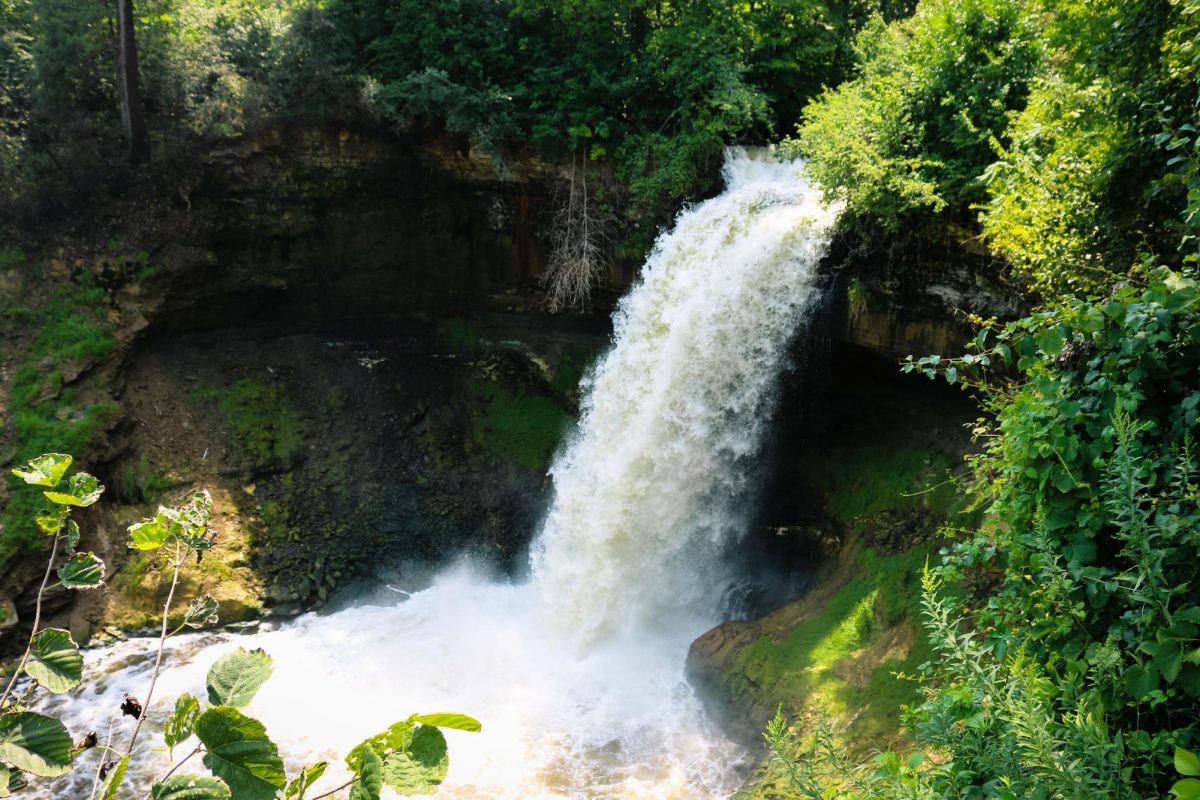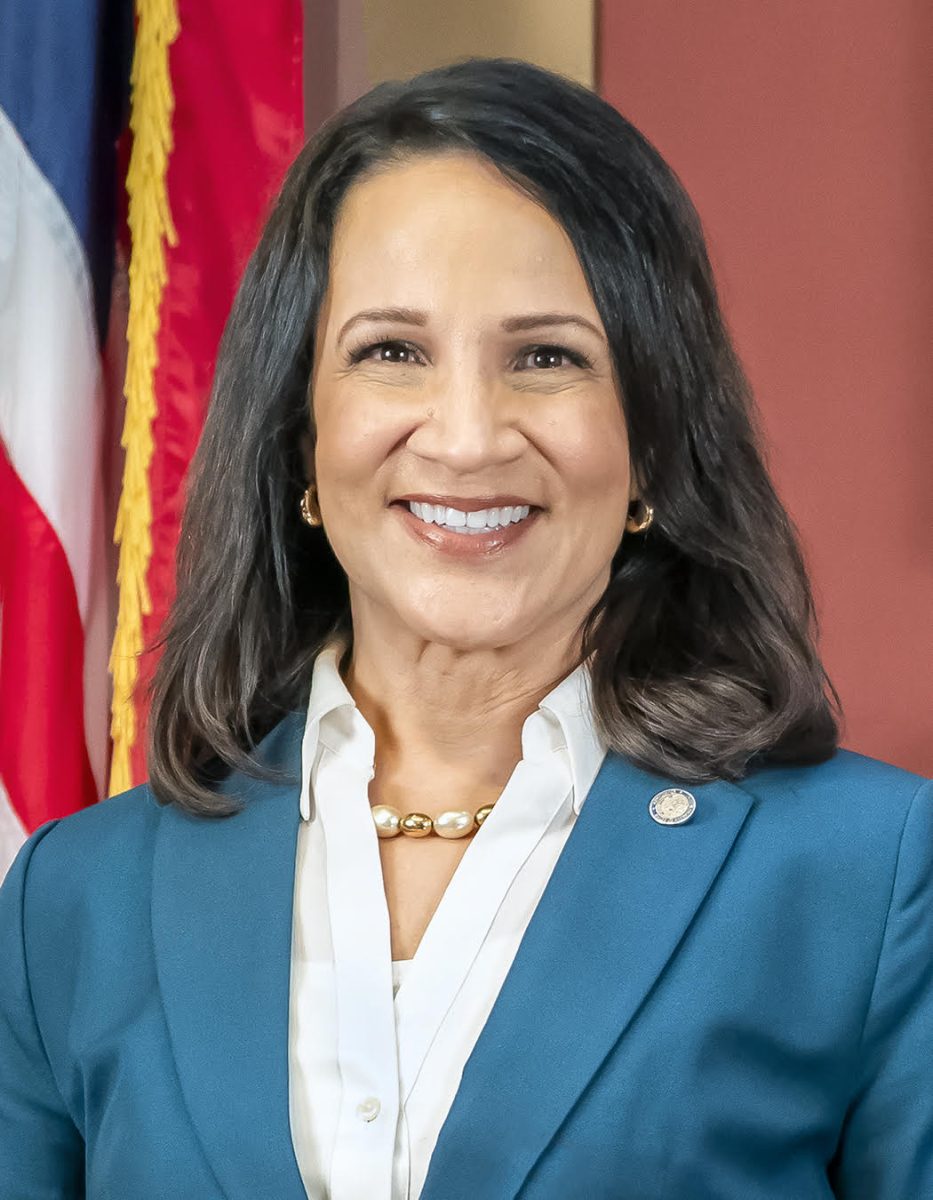Environmental activists and legislators are preparing how to ensure environmental protections ahead of President-elect Donald Trump’s administration and a divided Minnesota Legislature.
Less than two months away from the start of the next legislative session, increasing partisanship, divided state support and Trump’s administration are all threats to protecting the state’s public water resources and climate conservation, according to government relations manager for Friends of the Boundary Waters (FOTBW) Steve Schultz.
Aaron Klemz, chief strategy officer for the Minnesota Center for Environmental Advocacy (MCEA), said with an incoming fossil fuel-friendly Trump administration, any environmental protection efforts will rely on state legislatures.
“One thing that’s definitely true is we cannot count on the federal government to lead, and if anything, we can count on the federal government to try to make it harder to achieve some of our clean water and climate objectives,” Klemz said. “So it’s important that states like Minnesota lead on this.”
MCEA successfully lobbied the state legislature in May to provide $16 million for testing and installing filters into wells throughout the state to secure clean, safe drinking water for Minnesotans.
Getting legislation passed will be difficult, Schultz said, because of the split in the state legislature between Democrats and Republicans and extreme partisanship at the federal level.
“Realistically, it’s going to be difficult for us,” Schultz said. “That’s not to say we’re not going to keep on trying, we’re going to get our supporters involved, we’re going to get them over to the capital as much as we can to try to put pressure on them, but it’s definitely an uphill battle through mud in a snowstorm.”
Sulfide mining is FOTBW’s biggest concern as they look to pass the “Prove It First” bill. The bill would require new sulfide mines to prove that a similar sulfide mine has operated for 10 years in the U.S. without polluting and one mine that has not polluted the natural area 10 years after closing, according to FOTBW spokesperson Pete Marshall. This bill would protect the Boundary Waters, Lake Superior and the Mississippi River, according to Schultz.
According to Marshall, one of FOTBW’s recent policy victories was instituting a 20-year ban on copper and nickel mining in the Superior National Forest near the Boundary Waters — a ban Trump pledged to lift during his presidency.
Minnesota state Sen. Jennifer McEwen (DFL-Duluth), the vice chair for the state senate’s Environment, Climate and Legacy Committee, said she wants Minnesotans to understand the immense influence oil, mineral and natural gas extraction companies have over legislators.
“(Their power) stretches everywhere from which bills are even possible for us to consider to which bills pass out of committee, which bills are heard at all, which bills will advance,” McEwen said. “They run the show in many ways. We have to actively be fighting them in order to get things done that they don’t approve of.”
FOTBW worked with President Joe Biden’s administration to re-cancel Minnesota mining company Twin Metals’ lease to mine near the Boundary Waters in 2022, according to Marshall. Trump reversed the initial cancellation of the mining lease during his first presidency and could reverse it again in his upcoming term.
Klemz said the typical federal agencies that protect against pollution and climate change like the Environment Protection Agency (EPA) and the U.S. Forest Service face potentially major budget cuts.
In 2017, three U.S. governors formed the Climate Alliance to limit greenhouse gas emissions and now the alliance includes governors from 24 U.S. states and territories.
McEwen’s biggest concern heading into the 2025 session is safeguarding Minnesota’s public waters. She said none of her Republican colleagues are willing to work on water and environmental protection legislation and some Democrats are hesitant to block corporate power.
“I fear that we do not have the votes, either in the Senate or the House, to count on to protect our environment at this time,” McEwen said. “This is why I believe what it will take is massive organizing on the part of the public to make it crystal clear to elected representatives, both in the DFL Party and in the Republican Party, that this is a deal breaker, that they must protect our waters from corporate exploitation and our people from corporate exploitation, or they will lose their next election.”
Marshall said as Minnesota heads into the 2025 legislative session and a second Trump administration, he wants Minnesotans to not take the state’s immense clean water resources for granted.
“I think now there’s an opportunity to really put that to test and strengthen the clean water protections we have, add to them and ensure that the water we have the natural places we have continued to, nurture people who live here, who visit here and continue to do so for future generations,” Marshall said. “Not just for 20 years of profit to foreign investors and foreign mining companies.”














